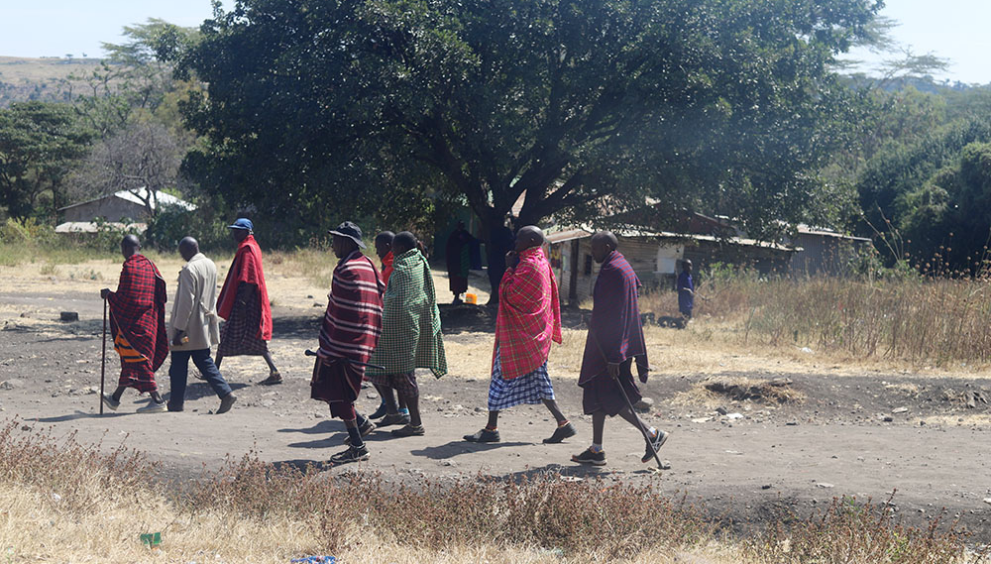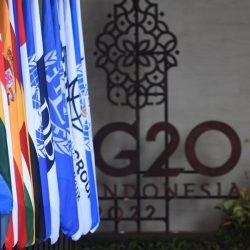Ahead of the upcoming African Union Summit, a damning report from ActionAid has revealed the devastating impact of foreign debt on African nations. The report, titled “Who Owes Who? External debts, climate debts and reparations in the Jubilee year,” found that a staggering 75.3% of lower-income countries are spending more on servicing foreign debt than on vital public services such as healthcare and education.
This alarming statistic highlights the inherent injustice of the current global economic system, which forces developing countries to prioritize debt repayments to rich nations, private creditors, and international financial institutions, often at the expense of their own citizens.
The report further underscores the climate debt owed by wealthy nations to developing countries. Based on extensive research, it estimates that rich polluting countries owe low- and lower-middle-income countries a staggering US$107 trillion in climate reparations. This figure dwarfs the total foreign debt of these countries, which stands at a mere US$1.45 trillion.
“It is a travesty that African nations are being crushed under the weight of foreign debt, while the world’s richest countries continue to look the other way, evading their responsibility to pay for the climate crisis and reparations related to the slave trade and unfair economic practices,” said Karol Balfe, CEO of ActionAid Ireland.
The report also highlights the role of tax havens in exacerbating this global economic imbalance. By enabling multinational corporations to shift profits offshore, these havens deprive developing countries of vital tax revenue, further hindering their ability to invest in public services and address pressing challenges like climate change.
ActionAid calls for a radical overhaul of the global financial architecture, shifting power away from institutions like the International Monetary Fund (IMF) and towards a more representative and inclusive United Nations framework.
“The African Union’s declaration of 2025 as the Year of Reparations presents a critical opportunity to address these historical and ongoing injustices,” Balfe emphasized. “Debt cancellation and the establishment of a new UN Framework Convention on Debt are essential steps towards a more equitable and sustainable global economic order.”
The report serves as a stark reminder of the deep-seated inequalities that continue to plague the global south. It underscores the urgent need for a fundamental shift in global economic power dynamics, one that prioritizes the needs of developing countries and ensures a more just and equitable future for all.




